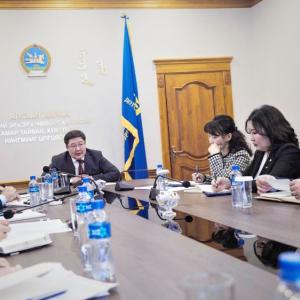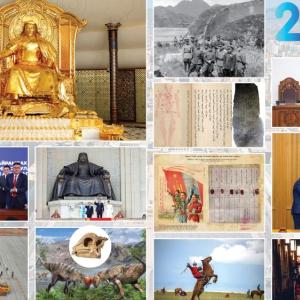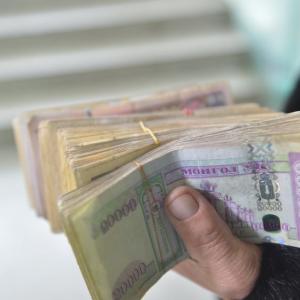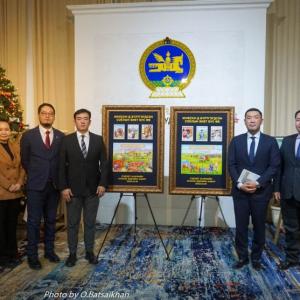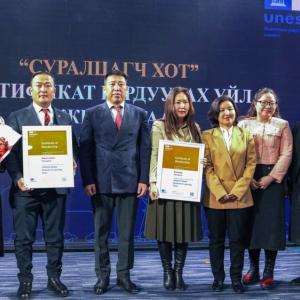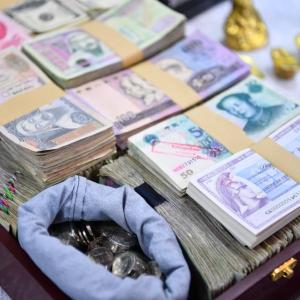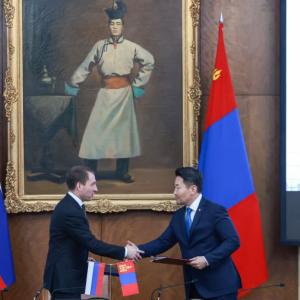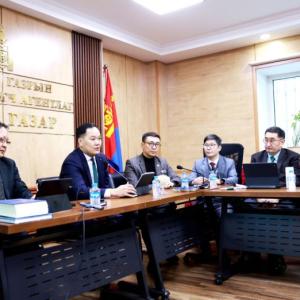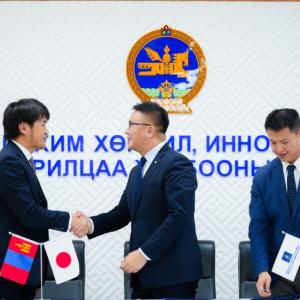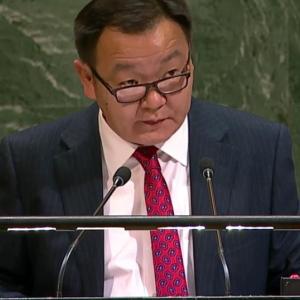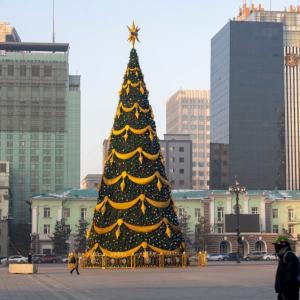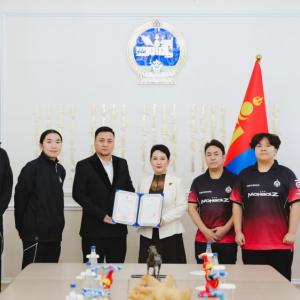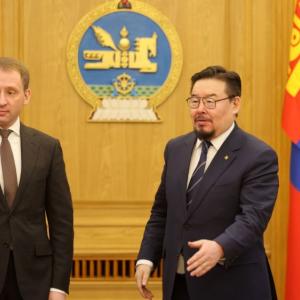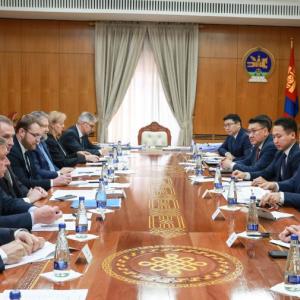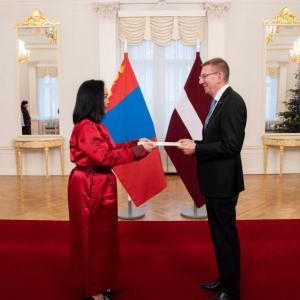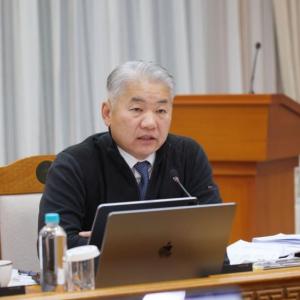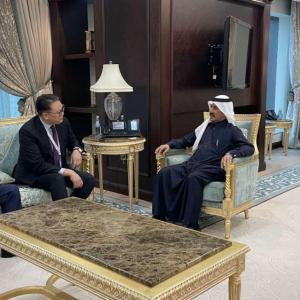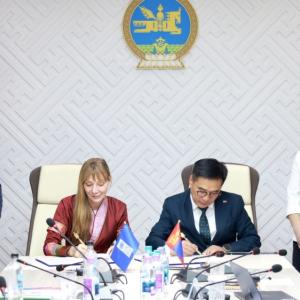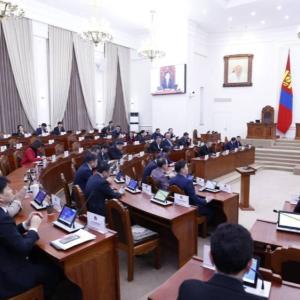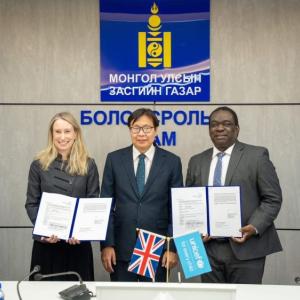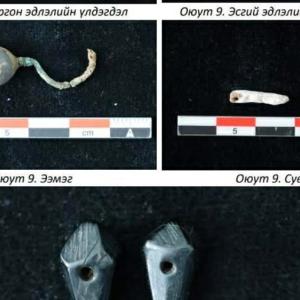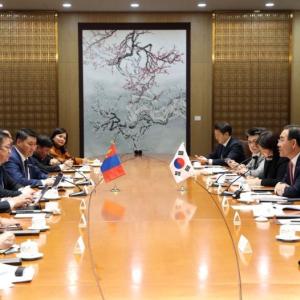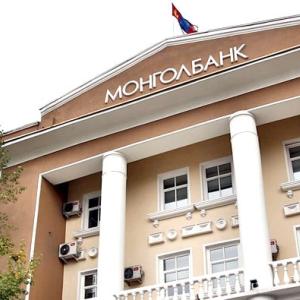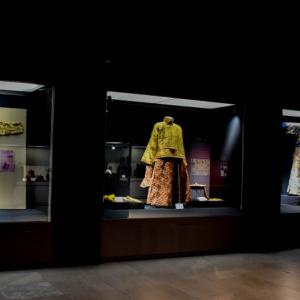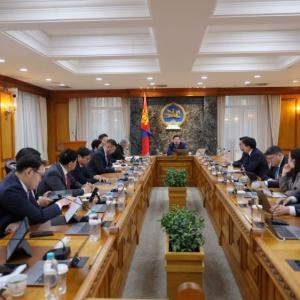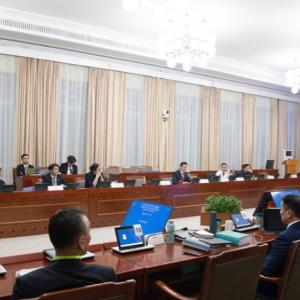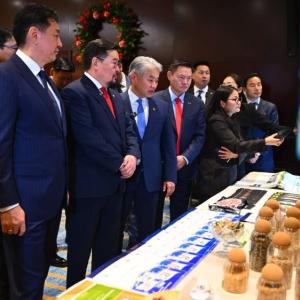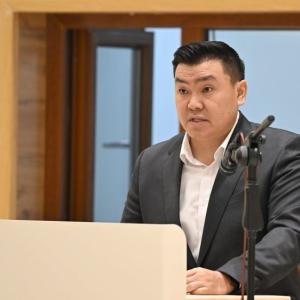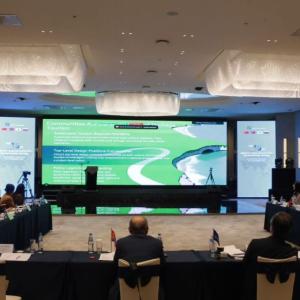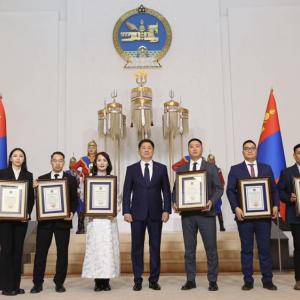Studies on the legacy of Chinggis Khaan in the world history
Society
Ulaanbaatar /MONTSAME/. Commemorating the 860th Anniversary of the birth of Chinggis Khaan and National Pride Day, the “Chinggis Khaan Era” scientific conference was held on November 23 at the Japan-Mongolia Center.
During the conference and discussions
organized by the Department of History and Department of Mongolian Language and
Linguistics of the National University of Mongolia (NUM), scholars emphasized
the need for Mongolians to study the legacy of Chinggis Khaan in the history of
the world. Many countries of the world support Chinggis Khaan's studies through
policies. Mongolia pays special attention to the field, one of the vivid
testimonies of which has been the Chinggis Khaan Museum, established in 2022.
During the discussion, Ph.D. P.
Delgerjargal of the History Department of NUM gave a speech on the
“Chinggis Khaan Era.” In his speech, he highlighted, “A lot remains to be
accomplished to study and publicize Chinggis Khaan’s legacies. There is a
compelling need to state the truth about Chinggis Khaan and the Mongol Empire,
which often was distorted in world history. Lately, new theoretical and
practical approaches immersed in Social Sciences enable a positive assessment
of the role of nomads in history, which is important for casting a positive
look at Chinggis Khaan’s role in history. Indeed, the impact Mongol Empire of
Chinggis Khaan on the cause of Global history is enormous.”

The Head of the Department of Mongolian Language and Linguistics
of NUM, Dr. B. Tuvshintugs, emphasized in his speech titled “Chinggis Khaan
and the Mongolian Language” that learning
the Mongolian language and many countries within the Mongol Empire were
actively engaged in developing Mongolian language dictionary.
The
evidence of such efforts is the development of various dictionaries of the
Mongolian language with hieroglyph and Arabic characters and transcribing The
Secret History of Mongols with hieroglyph characters. He continued, “Mongolian
script is used for state affairs with a history of more than 1,000 years as it
is known for sure. In 1246, a letter from Guyug Khaan to the Pope of Rome
carried the seal of Guyug Khaan in Mongol script. Today, the seal of the
President of Mongolia is written in Mongol script. Eight hundred years ago,
when the Mongols occupied and ruled the world, the Mongolian language was as
popular as English today. There is evidence that people were trying to learn
the Mongolian language using Mongolian-Arabic and Mongolian-Chinese
dictionaries. Therefore, one of the messages we want to convey to our society
through today’s conference is to encourage our youth to learn this history and,
if possible, to spread and enrich it.”

The moderator of discussions, writer and poet G. Ayurzana, noted, “Mongol
pride is more about preserving the intellectual achievements Mongols attend in
that era, and it is about inheriting this valuable legacy to our future
generations. The significance of conferences, one of which we are holding
today, lies precisely in spreading information knowledge that such legacies
need to be maintained and preserved.”
There
was also agreed at the conference that the Department of History and Mongolian
Language and Studies of NUM regularize this conference to organize annually on
National Pride Day.



 Ulaanbaatar
Ulaanbaatar












